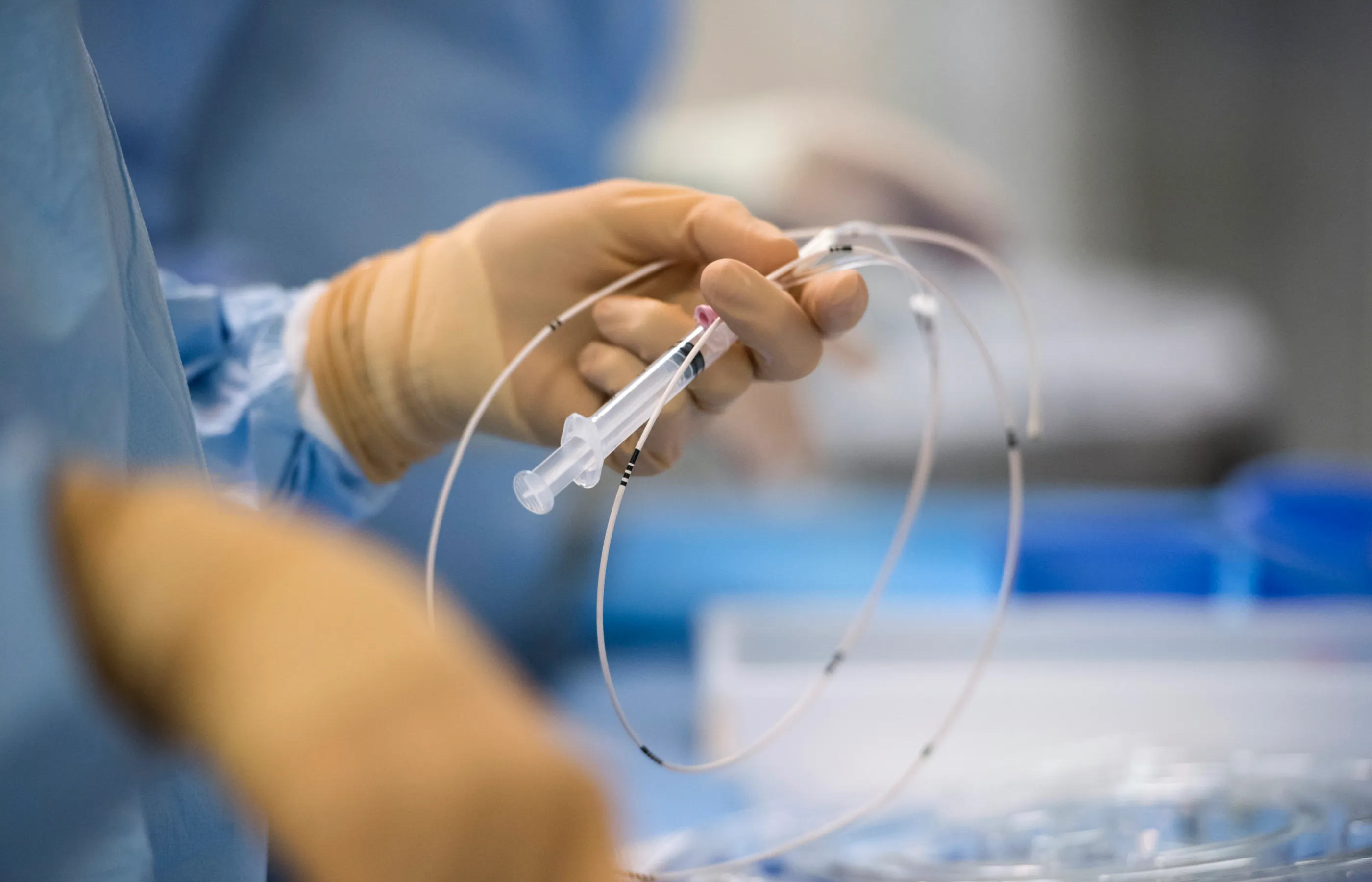Aortic Aneurysms
Expert treatment where you live
The experts at Novant Health Heart & Vascular Institute offer innovative approaches to preventing and treating thoracic and abdominal aortic aneurysms that can rupture the largest artery in your body.
Take the First Step
If you believe you are at risk for heart disease, it’s time to take the first step in improving your cardiac health. Visit your primary care provider to discuss your heart health to see if you need a referral to one of our heart specialists. If you do not have a primary care provider, follow the steps below to get started:
Step 1:
Visit your Primary
Care Provider
Step 2:
Discuss your
concerns
Step 3:
Your provider gives
a referral
Step 4:
Choose the right
specialist for you
Aortic Aneurysm FAQs
Surgical Specialists

Heart surgeons
Heart surgeons, also referred to as “cardiovascular surgeons,” specialize in treating thoracic aortic aneurysms. These are said to occur in the "ascending aorta,” because this part of the aorta ascends from the left ventricle in the lower heart chamber toward the the aortic arch.
Vascular surgeons
Vascular surgeons treat abdominal aortic aneurysms, or those that occur in the descending aorta, or portion running from the aortic arch down to the pelvis.
